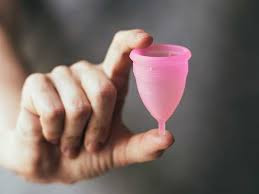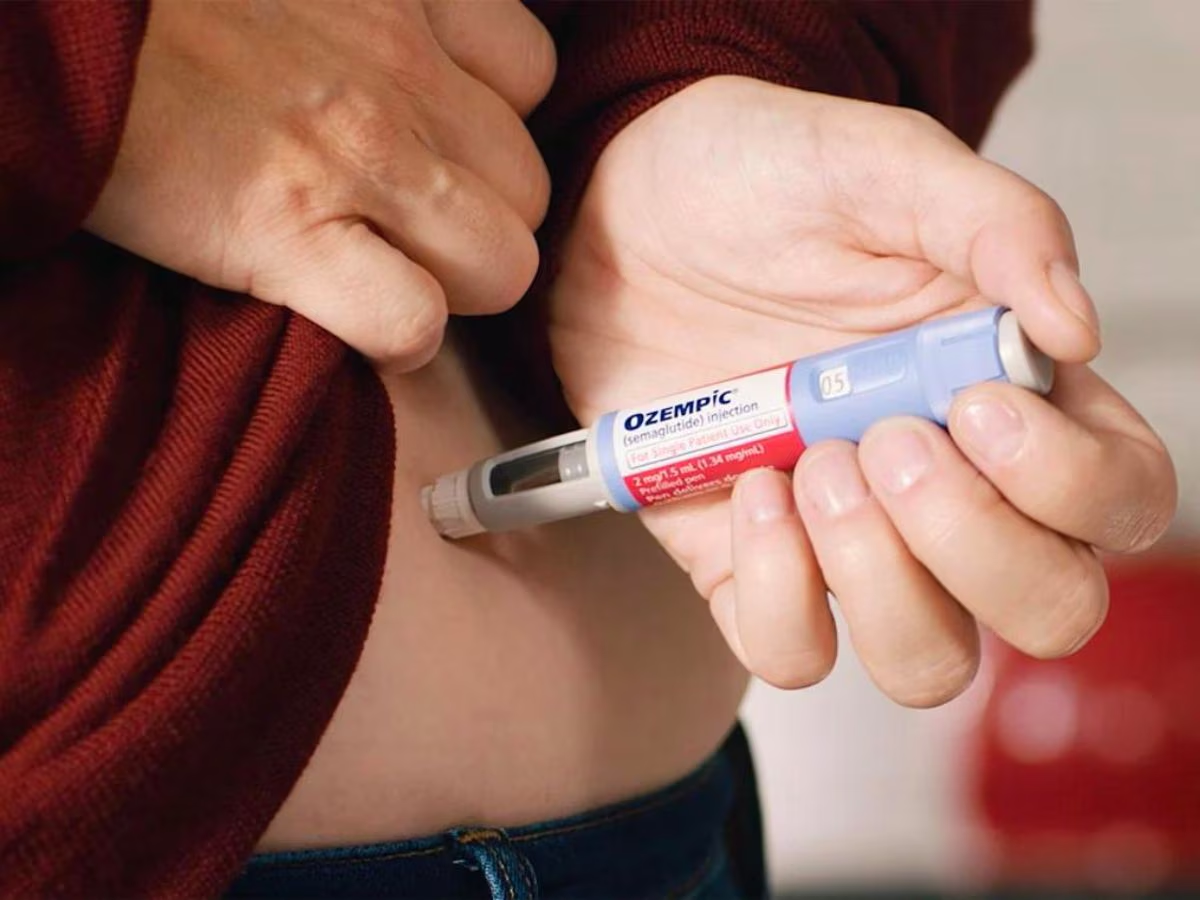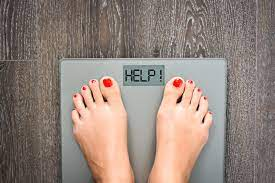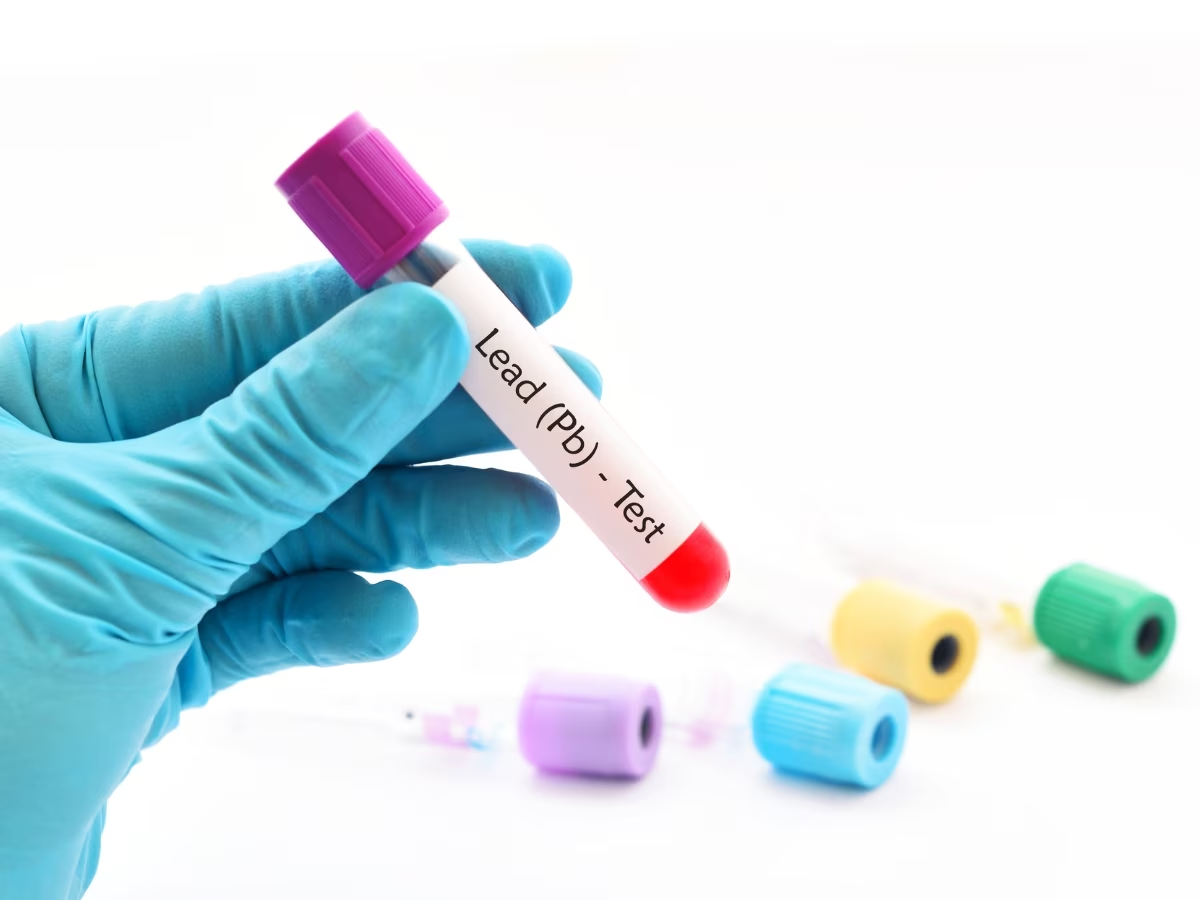Heart patients: Due to today's lifestyle, depression has become a common ailment which is seen in more and more people. According to the WHO, 5% of people worldwide suffer from some form of depression.

Recent research has shown that some medications for depression and mental illness can be harmful to heart patients. These drugs increase the risk of early death by three times in heart disease patients. When a person is depressed for a long time, they have to take medication for it. The findings are published in the Journal of the European Society of Cardiology.
According to the WHO, 280 million people worldwide currently suffer from depression. Women are more prone to depression than men. In addition, depression is more common in the elderly than in the elderly.

What do the experts say?
"Our research shows that the use of psychotropic drugs in the treatment of mental illness is very common among heart patients," said Dr. Pernil Fezewell Cromhot, author of the research at the University of Copenhagen, Denmark. Almost every third heart patient has symptoms of discomfort. Therefore, heart patients should be tested properly and they should be asked, do they use psychotropic drugs? If so, for what reason?
It should be noted that when heart patients are advised to take psychotropic drugs, their risk of death also increases, he said. But more research is needed to determine if the cause of death is psychotropic drugs or mental illness. Previous research has found that heart patients also have a higher risk of death due to worsening symptoms.

How was the research done?
The research involved 12,913 heart patients. When these patients were discharged from the hospital, they were asked to fill out a questionnaire and they were categorized by a score of eight or higher on the Anxiety and Depression Scale for symptoms of anxiety. Information was collected from the National Register on the use of antidepressants or psychiatric medications six months before the patient was admitted to the hospital. His death was followed up for a year after he was discharged from the hospital.










